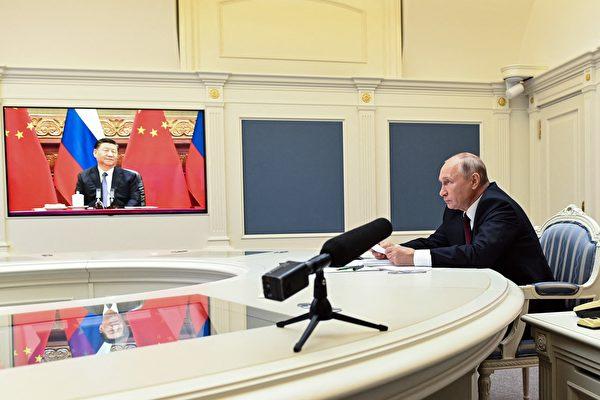The leaders of China and Russia, Xi Jinping and Vladimir Putin, announced an extension of the 2001 Sino‑Russian Treaty of Friendship for another five years during a virtual conference held on June 28.
Prior to this meeting, the United States and Russia met for a summit in mid-June. Some commentators believe that the Chinese Communist Party (CCP) extended the territorial cessation treaty in order to tug at Russia’s sleeve.





